
A single oral dose of azithromycin in women in labor planning vaginal delivery significantly reduced the risk of maternal death and sepsis, according to study results presented at the SMFM 43rd Annual Pregnancy Meeting.


A single oral dose of azithromycin in women in labor planning vaginal delivery significantly reduced the risk of maternal death and sepsis, according to study results presented at the SMFM 43rd Annual Pregnancy Meeting.

The clinical psychologist from Ayer Neuroscience Institute at Hartford Healthcare Headache Center shared some highlights from her recently published survey study on migraine treatment during pregnancy.

The rare condition can lead to life-threatening anemia in the fetus and currently lacks FDA-approved treatments.

Majority of women’s health care providers reported in a survey feeling either somewhat or very comfortable with recommending or continuing acute treatments for pregnant patients with migraine.
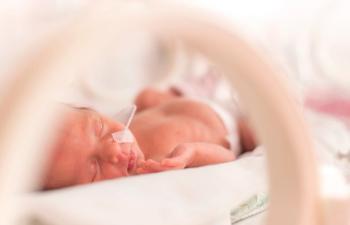
In a recent study, an association was found between vaginal metabolites and spontaneous preterm birth.

An analysis of registry data recorded in Denmark over a 4-decade period offers an overview of the risk of acute myocardial infarction and ischemic stroke incurred as a result of preeclampsia during pregnancy and how this risk changes over time.
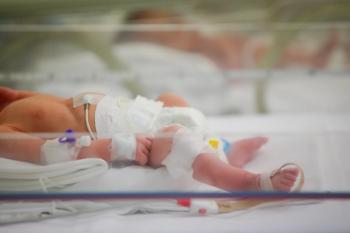
In a recent study, the infant survival rate among periviable infants varied based on the type of active postnatal care received at certain gestational ages.
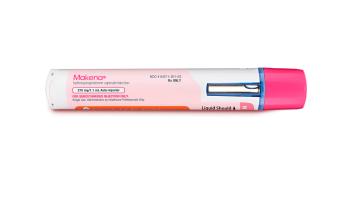
An advisory panel for the US Food and Drug Administration voted 14-1 to withdraw 17α-hydroxyprogesterone caproate (Makena; Covis Pharma) from the market.
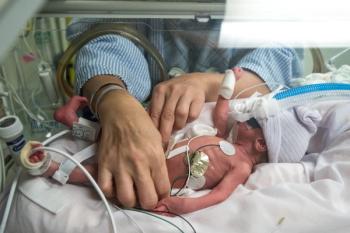
Marina Sirota, PhD, associate professor of pediatrics at the University of California, San Francisco, spoke about the new March of Dimes Prematurity Research Center at UCSF and the impact they hope their research will have on the future of preterm birth.
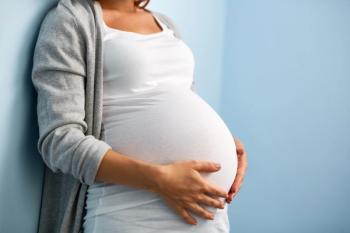
There was an increased odds of liver injury per exposure-mixture quartile increase for organochlorine pesticides, PBDEs) perfluoroalkyl substances, and metals.

A study published in JAAD International examined the association between psoriasis and adverse pregnancy outcomes (APOs) and found that providers should be on the lookout for ectopic pregnancies (EP) in this population.
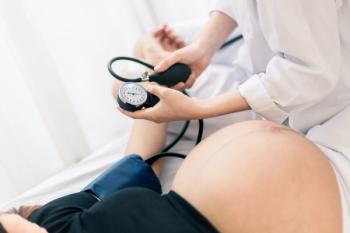
Gregory Weiss, MD, provides perspective on a recent study suggesting women with gestational hypertension were at an increased risk of chronic hypertension later in life.

Postpartum psychosis is experienced by 1 to 2 women every 1000 deliveries.

This painful skin disease may lower the odds of live birth and trigger comorbidities.
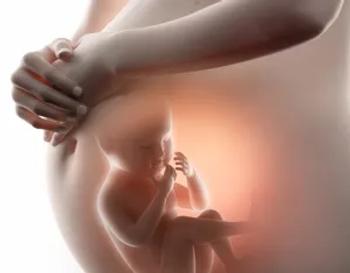
Intravenous immunoglobulin shows promise as a treatment option for pregnant patients with SARS-CoV-2, influenza, and other respiratory viruses.

At the 2022 American College of Obstetricians and Gynecologists Annual Clinical & Scientific Meeting, one health care provider shows the burgeoning terrain in telehealth options for both practitioner and patient.

At the 2022 American College of Obstetricians and Gynecologists Annual Clinical & Scientific Meeting, 4 health care professionals spoke of disease states caused by climate change, and what HCPs can do to mitigate this crisis.

At the 2022 American College of Obstetricians and Gynecologists Annual Clinical and Scientific Meeting, 3 physicians talked about how apps, AI and remote blood pressure monitoring could improve perinatal outcomes and move the diversity, inclusion, and equity needle for women forward.

Oklahoma Governor Kevin Stitt signed a bill into law, making performing an abortion a felony, punishable up to 10 years in prison.

This Consult has been endorsed by the American College of Obstetricians and Gynecologists (ACOG) and replaces the Society for Maternal-Fetal Medicine's (SMFM) Statement #4, Implementation of the use of antenatal corticosteroids in the late preterm birth period in women at risk for preterm delivery, August 2016.
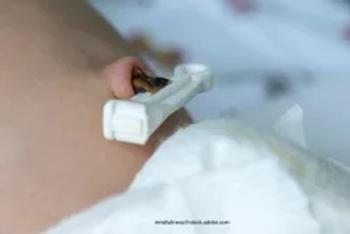
Evidence indicates that a delay in umbilical cord clamping leads to better outcomes for infants. What are the outcomes for those who are very preterm?
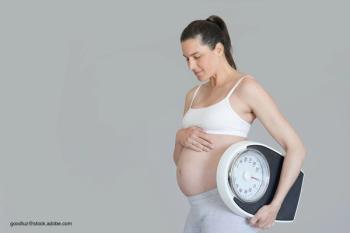
Gone are the days of little guidance for weight gain during pregnancy, but determining the best weight range has been elusive. A new study provides some helpful advice.
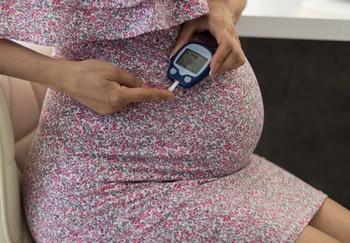
Researchers presented a study at the SMFM 42nd Annual Pregnancy Meeting to assess if early gestational diabetes (GDM) screening is associated with improved perinatal outcomes.

Researchers presented their oral abstract on the association between lactation and the gut microbiome during the SMFM 42nd Annual Pregnancy Meeting.

Together, the American College of Obstetrics & Gynecologists (ACOG) and the University of Michigan developed MiPATH recommendations (Michigan Plan for Appropriate Tailored Healthcare) to create comprehensive, tailored prenatal care plans for patients.